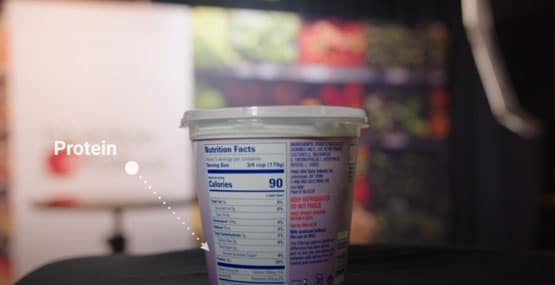
Limiting fruit juice for kids: a healthy choice
Fruit juice is often considered a healthy drink for kids due to its association with fruits and their natural sweetness. However, it's important for parents and caregivers to be aware that excessive consumption of fruit juice can have negative health effects on kids. This article aims to provide valuable information about the importance of limiting fruit juice intake in children, promoting healthier alternatives, and fostering a balanced diet.
- Understanding the sugar content: Fruit juices, even those labeled as "100% juice," contain high amounts of natural sugars (equal to the 10 teaspoons of sugar that's in a 12-ounce can of popular sodas. These sugars can contribute to tooth decay, weight gain, and an increased risk of developing conditions like type 2 diabetes. Encouraging children to consume whole fruits instead of juice helps them also receive the beneficial fiber that can aid digestion and regulate blood sugar levels.
- Nutrient discrepancies: While fruit juices may contain some important vitamins and minerals, they lack the essential dietary fiber found in whole fruits. Fiber plays a vital role in maintaining healthy digestion and preventing constipation. By limiting fruit juice intake, children can obtain a wider range of nutrients from whole fruits, such as antioxidants, phytochemicals, and additional fiber.
- Hydration and Water Intake: Although fruit juice contains water, it's important to note that it should not be the primary source of hydration for children. Water remains the best choice for staying hydrated throughout the day. Excessive juice consumption can lead to decreased water intake, which may affect a child's overall hydration and potentially cause other health issues.
- Portion Control: To prevent overconsumption, it is crucial to establish appropriate serving sizes for fruit juice. The American Academy of Pediatrics recommends limiting fruit juice intake to
4-6 ounces per day for children aged 1-6 years
8-12 ounces for children aged 7-18 years.
None needed for infants a year old and younger
Practicing portion control helps ensure that children receive the necessary nutrients while avoiding excessive sugar intake.
- Healthier Alternatives: Encouraging children to explore alternatives to fruit juice can be both fun and nutritious. Water, low-fat milk, and flavored water infused with fruits or herbs are excellent choices. Parents can also create delicious and refreshing fruit smoothies using whole fruits, yogurt, and ice. They can even contain spinach, carrots and even kale. This allows children to enjoy the natural flavors of fruits and vegetables while benefiting from their valuable fiber content.
- Parental Role Modeling: Parents and caregivers play a crucial role in shaping their children's dietary habits. By limiting their own consumption of fruit juice, adults can set a positive example for kids. Encouraging family meals centered around whole foods, like fruits and vegetables, helps establish a healthy food culture at home and encourages children to make better choices.
- Educating Children: Engaging children in conversations about nutrition and the impact of fruit juice on their health can be beneficial. Explain the importance of moderation and help them understand the difference between whole fruits and fruit juice. Encourage children to make their own healthy choices and involve them in shopping for fruits or preparing snacks together.
Conclusion: While fruit juice can be a part of a balanced diet, it is essential to limit its consumption to prevent potential health risks associated with excessive sugar intake. Encouraging children to consume whole fruits and alternative beverages can provide a wider array of nutrients, promote healthy hydration habits, and reduce the risk of negative health outcomes, as you can learn in our Healthy Beverages and Buying Fruits and Vegetables videos in our Welcome to the Grocery store series. By prioritizing moderation and education, parents and caregivers can help their children establish lifelong healthy eating habits.





